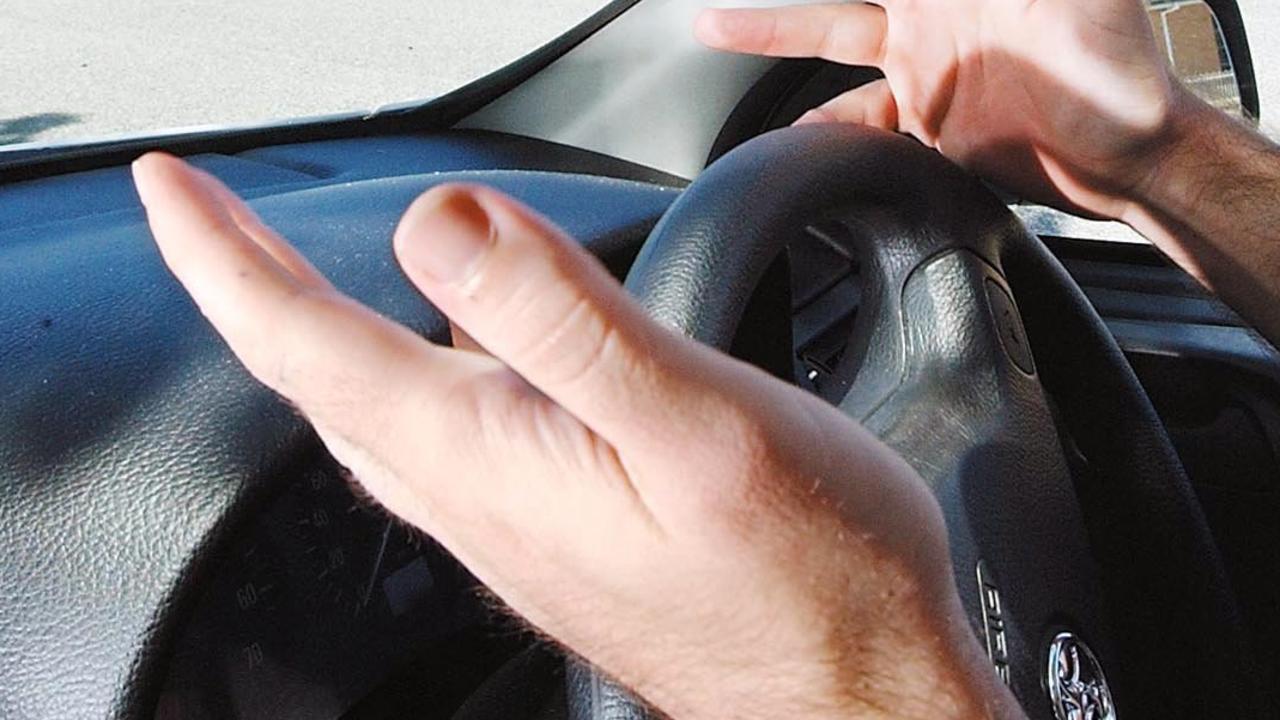Soon after the bombs were dropped in 1945, a group called the Bulletin of the Atomic Scientists “began as an emergency action, created by scientists who saw an immediate need for a public reckoning in the aftermath of the atomic bombings of Hiroshima and Nagasaki”.
The group held lectures, lobbied politicians, and aimed to inform a debate of existential importance.
The group’s mission “was to urge fellow scientists to help shape national and international policy” and “help the public understand what the bombings meant for humanity”.

Dr Robert Oppenheimer, atomic physicist and head of the Manhattan Project.Credit: Reuters
The formation of the group – still active today – reflected one way the A-bomb altered global politics, war and culture itself.
Nothing like a weapon of mass destruction to galvanise the public.
Loading
Yet the reaction to social media since 2016?
Endless studies, reports, testimony in Congress and Canberra. Today we can’t seem to focus on social media in a sustained enough manner for long enough to have the discussion needed.
Other technologies today have met with a rapid response from governments seeking to safeguard citizens.
The emergence of cryptocurrency has seen some decisive regulatory action, given the risk it poses to the treasure of nations and consumers.
Artificial intelligence’s potential is being assessed by governments who also recognise it as a field with profound economic and national security advantages.

The Cuban missile crisis. John F. Kennedy meeting with advisers. Nuclear technology helped prevent a third world war in the 20th Century.
But social media stands apart. It’s so embedded in our daily habits, it’s much harder to approach.
Of course, there are differences between social media and nukes: Atomic bombs were weapons created and deployed by governments, they produced big destructive explosions.
Social media platforms function as for-profit information monopolies. For a user, they are a button on a phone’s screen, and a portal to a global network.
Loading
Yet, social media has altered the world as much as A-bombs.
Social media reflects and expedites a new era when power shifts from centralised government to decentralised business.
In 1945, soldiers fought for governments. Today mercenaries such as the Wagner group have been decisive in war.
In the 1950s, computers were run by governments. Now, hackers and ransomware gangs operate as commercial enterprises.
And companies such as Starlink and various drone makers hold game-changing power over battlefields.
Loading
Perhaps social media’s tight integration with media, at least until 2016, prevented a more critical view of the technology from forming when it should have.
And perhaps, the distraction and confusion surrounding the prospect of regulating Facebook, Twitter, TikTok is itself an effect of the technology.
Today, neither the platforms, nor politicians have the perspective to discuss the big picture: how to balance free speech on social media, and the freedom to innovate with the broader freedoms of a liberal society.
Lost in this ‘Long 2016’, we fail to see our predicament from the outside.
The longer law lacks sufficient authority over social media platforms, the longer the platforms erode a culture of the rule of law, with fallout for our politics, society, health and our democracy itself.
One doesn’t have to be a nuclear physicist to see this.
Get a note directly from our foreign correspondents on what’s making headlines around the world. Sign up for the weekly What in the World newsletter here.






